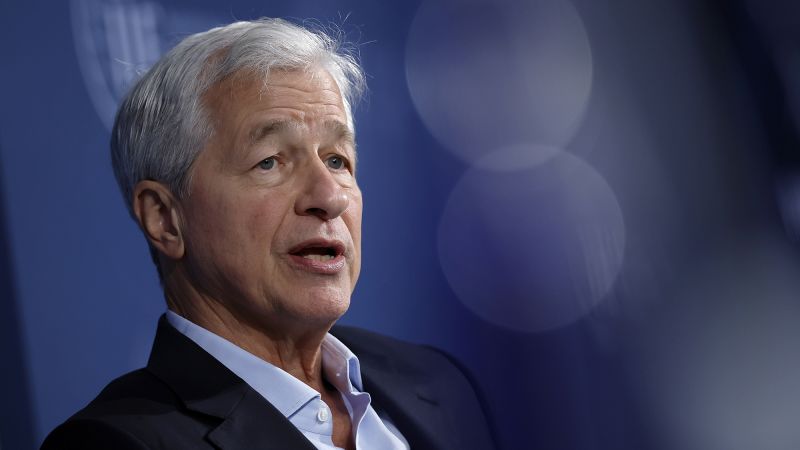Trade War Warning: Jamie Dimon Raises Red Flags Over Escalating Tariff Tensions

In a stark and unequivocal assessment, JPMorgan's CEO Jamie Dimon has sounded the alarm on the potential economic fallout of President Donald Trump's aggressive tariff strategy. Dimon warns that the current trade approach could trigger a cascade of unintended consequences, potentially destabilizing the global economic landscape.
The banking titan argues that the tariffs pose a triple threat: they risk driving up consumer prices, pushing the world economy toward a potentially severe downturn, and critically, undermining America's international economic influence. His candid critique highlights the delicate balance of global trade and the far-reaching implications of protectionist policies.
Dimon's comments underscore the growing concern among business leaders about the potential long-term ramifications of escalating trade tensions. By challenging the current trade strategy, he brings attention to the complex interconnectedness of global markets and the potential ripple effects of aggressive economic policies.
